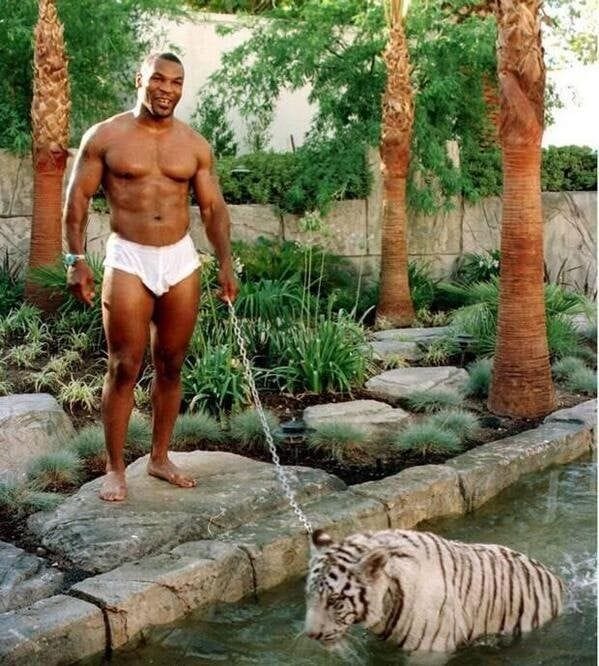How many diets have you tried?
That isn’t rhetorical. Think for a second.
I have personally yo-yo’d through a smorgasbord of diets in the last 20 years. Maybe you know some of these.
I’ve done 5:2, Dukan, Low Carb, Fasting, Vegan, Gluten-Free, Dairy-Free, Pescatarian, Low Fat high fibre (SAD) and through patches in my teens and 20s I unintentionally went on liquid diets.

All of the above diets have had ‘FAD’ status over the years. What’s weird is that all of them (except maybe SAD and the liquid diet) gave me good results.
So why didn’t I stick to all of them? And, why were they just fads?
My view is that once every few years, some expert reassembles existing nutrition science into a new format, gives it an awesome name and presents it to the bulging population of overweight dieters. Everyone is blown away by the simplicity and the results they are getting from this new way of eating (which is actually the old way of eating, with no junk food, with a sexier name).
Two years go by as the eating trends explode onto the scene. The diet gets licensed out to food manufacturers, restaurants and merchandise companies. Everyone’s talking about it. And then the trend disappears…
Why did it stop working?
People, the diet didn’t stop working. What happened was that we stopped doing it. Or better put, we lost faith in the future that the new diet presented, the hope that maybe this diet was the saviour that had arrived to end our war with our weight.
The fad that we think is a diet, is actually the same fad every time that has nothing to do with diet at all.
The fad is actually an invisible, wide-spread surge in hope and faith that things could be different, that we could all actually be healthy and live better lives.
In most ‘fad’ cases, we are united in this belief by a charismatic leader and a common purpose like ‘Take Back Your Power’, or going ‘Against the Grain’ but what makes it fad-like isn’t the rules or the leader, it is the energy it creates around the dinner table, in the gym and in the supermarkets.
Everyone talks about it, and because everyone’s talking about it, everyone tries it.
We inevitably fail at making these eating changes last, and then instead of examining why we couldn’t make it stick, we simply label the whole movement a ‘fad’.
The reason fads become fads and not ‘the new way’ is not because the principles are wrong. They become fads because we don’t make the changes last. The diet wasn’t the fad. The fad was actually fleeting enthusiasm and passion we showed for our health that dwindled when we all realised that lasting change is actually difficult, no matter how easy the rules or how great the benefits.
Lasting change actually has very little to do with rules and much more to do with actually sticking to them.
Do you remember Mike Tyson?

To move away from dieting for a moment, there are many people out there who are fantastic at making money, who end up broke over and over again. Mike Tyson is a classic example. He earned $400 million in his prime, and then went bust because he blew his cash. He was poor when he started his career, and if he just left his money in savings he’d be a dollar billionaire by now. Instead, he spent more than he had and ended up owing the IRS $80 million because he never paid his taxes.
The Tyson analogy shows us that getting the result for a short period actually doesn’t change the person you are or the beliefs you have. No matter how much money Mike Tyson made, nothing changed his approach to money.
Mike Tyson’s boxing career could just as well have been a one-man fad in money-making. But the results didn’t last.
Does that make professional boxing a fad? Or does it suggest that there is something Mike needs to investigate, deep down inside, around his relationship with money?
We suffer the same curse with our health, our relationships, our diets and even our work ethic. If we don’t change who we are in these areas, the long term results remain the same, regardless of the peaks and troughs in performance in the short term.
So, how do we change our relationship with food and diets? (I thought you’d never ask)
Here’s my Friday treat. Victoria and I prepared a free Mini-Course for you on Eating Psychology which will teach you the basics of changing your relationship with food.
You can check it out here. And if you’re interested in our game-changing Eating Psychology Program (which addresses everything we spoke about above), check this out.
With power,
Jonno

